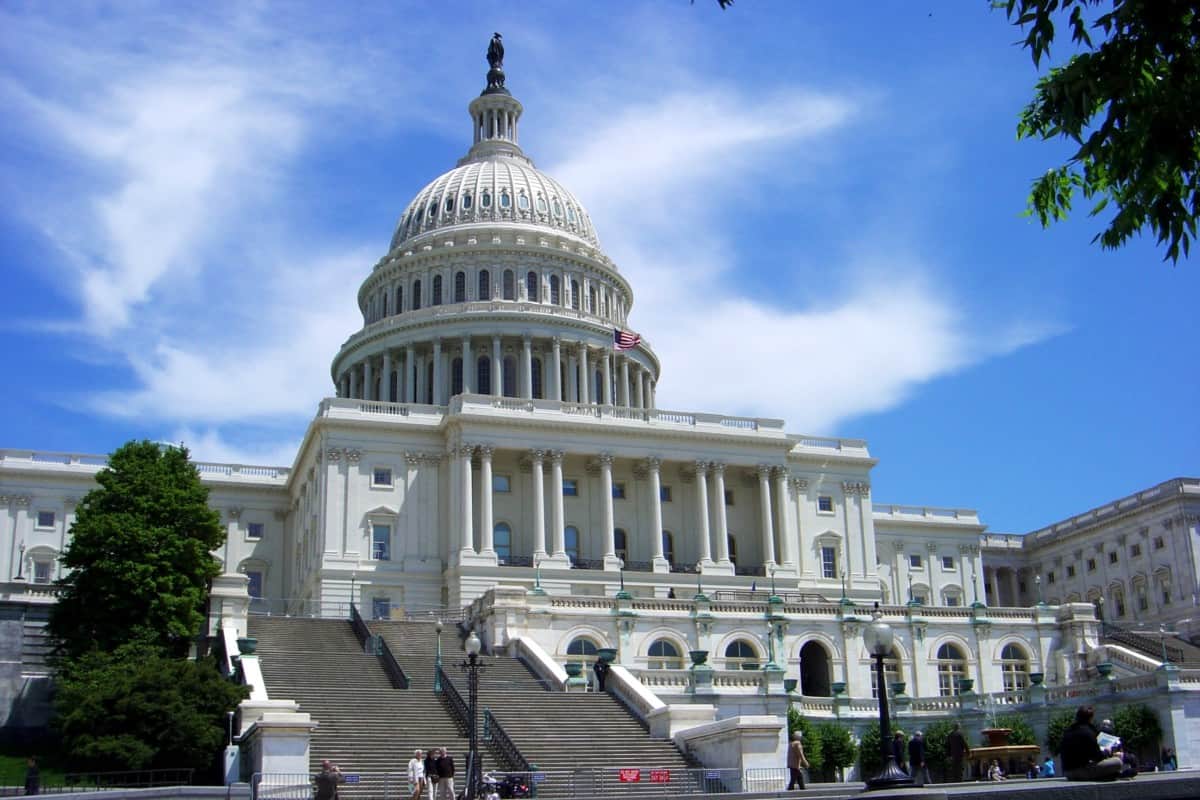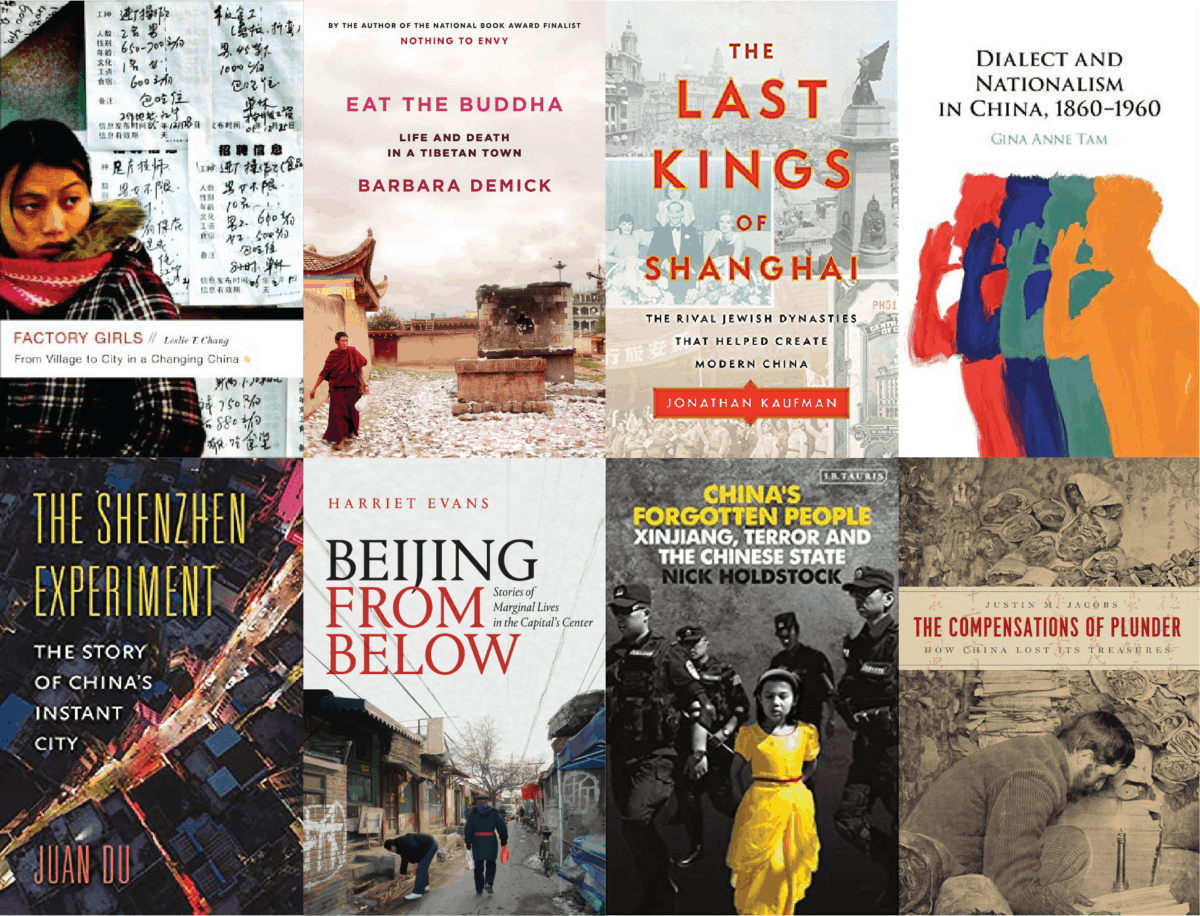Good evening. Given the rhetoric on China these days, the news is often cast in black and white terms. But, as this week’s issue shows, things are more complicated once you scratch the surface. From what you find when you tear apart TikTok, to the human cost of economic development, to the false dichotomy of a U.S.-led or China-led world order, this week we’re exploring other perspectives. If you’re not already a paid subscriber to The Wire, please sign up here.
Want this emailed directly to your inbox? Sign up to receive our free newsletter.

Tearing Up TikTok
TikTok, the short video app, is widely known for two things: frivolous dance videos beloved by teenagers the world over, and being a potential Trojan horse for the Chinese government to sneak its way into America’s national security interests. But, as The Wire’s Eli Binder and Katrina Northrop show, it’s also something else: the world’s first truly global internet company. With U.S. apps banned by China’s infamous firewall, TikTok’s parent company ByteDance has succeeded where internet companies like Facebook and Google have been thwarted. And, perhaps most surprising given the political rhetoric surrounding it, it did so with a lot of American help and investment. ByteDance is, in many ways, an American-backed company.

Credit: Imaginechina via AP Images
The Big Picture: Who Really Owns ByteDance?
ByteDance became one of the world’s most valuable, privately-owned companies in just eight years. How did it get there? For this week’s Big Picture, we took a look at the investors that helped build ByteDance into the company that it is today. Its earliest funding, for instance, came from China and a controversial Israeli-Russian investor, but, as the company has grown, U.S. investors have taken a bigger piece of the pie, with a few firms from Europe and South America sprinkled in. See the investors behind ByteDance’s success, and explore their other ties to the company.
A Q&A With Parag Khanna

Parag Khanna is the author of several books, most recently The Future is Asian: Commerce, Culture and Conflict in the 21st Century. In this week’s interview with The Wire’s David Barboza, the Singapore-based Khanna discusses America’s China-centric bias and why countries that practice “multi-alignment” are the real winners in the new global order.
Parag Khanna
Illustration by Kate Copeland

Credit: Kevin McCoy, Creative Commons
TikTok’s Big CFIUS Mistake
Yes, TikTok is caught in a global power struggle, but Steven David Solomon argues in this week’s op-ed that TikTok has also made its situation worse for itself by ignoring the U.S. national security review process. To understand why, you need to understand the evolution of the Committee on Foreign Investment in the United States — the U.S. national security regulator commonly called CFIUS — and how almost every Chinese investment in the United States these days falls under its jurisdiction.

The Moral Cost of Development
In this month’s Books column, Alec Ash asks: What is the price of development? On top of the necessary capital, there has also been a social and a cultural cost to China’s economic boom — one that has left marginalized communities and ethnicities behind and sullied China’s international reputation. Altogether, as this month’s books show, the human costs of China’s economic development has forced a moral calculation for anyone doing business there.
Subscribe today for unlimited access, starting at only $19 a month.



